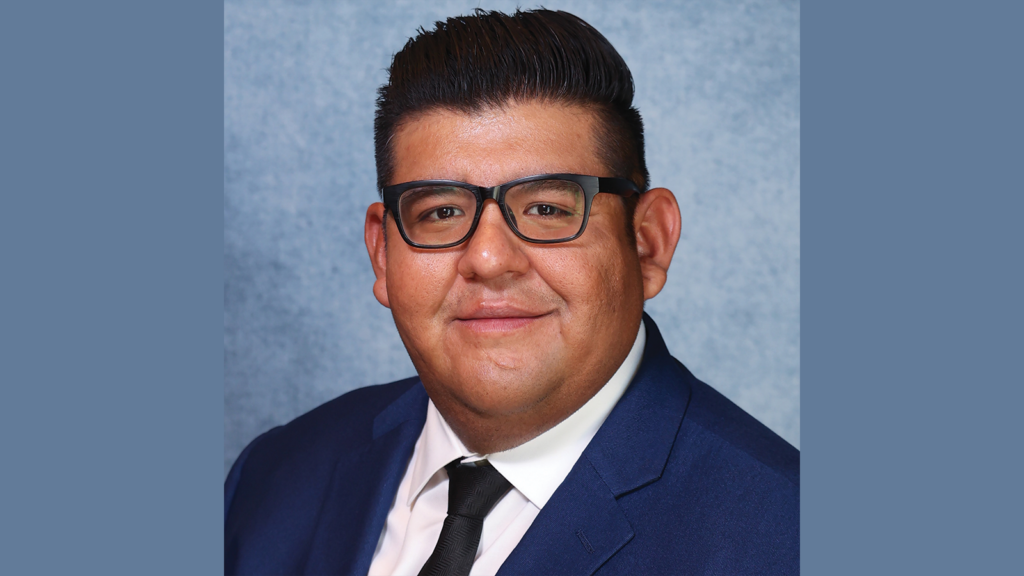It has been a busy spring season at CNIGA with much to report, so I will get right into it.
Gubernatorial candidate forum
In April, CNIGA hosted the first gubernatorial candidate forum in California for the 2026 election cycle, for which all declared candidates for governor of California in 2026 accepted the invitation. The forum provided a chance for gubernatorial candidates to engage California’s tribal leaders on a variety of subjects and allowed them to introduce their candidacies and articulate their views as they relate to tribal issues. Among the issues discussed were tribal sovereignty, insurance availability and cost, gaming futures, reconciliation and tribal consultation, selecting a tribal advisor, and the compacting process.
Candidates who appeared at the forum were former California Controller Betty Yee, California Lt. Gov. Eleni Kounalakis, former California Attorney General and Federal Health and Human Services Secretary Xavier Becerra, former U.S. Rep. Katie Porter, former Los Angeles Mayor and Assembly Speaker Antonio Villaraigosa, former California Senate President Pro-Tem and Assembly Speaker Toni Atkins, and Riverside County Sheriff Chad Bianco. State Superintendent Tony Thurmond was unable to appear due to illness but will address members at a later date.
Priority legislation
Springtime is legislation time in Sacramento as bills make their way through the first part of the legislative session. As usual, CNIGA is involved and has co-sponsored a priority bill and is supporting several other pieces of legislation this session.
Though it still has much of the process ahead of it, thus far, this session’s priority legislation, AB 221, authored by Assemblymembers James Ramos and Avelino Valencia, has been moving steadily through the legislature.
As I said in my State of the Tribal Nations speech, which was published here in the previous column, I’m pleased with the way this legislation arose. It stemmed from conversations that began organically between tribal leaders attending CNIGA meetings over the past few years.
It was discussed at both CNIGA and Tribal Alliance of Sovereign Indian Nations (TASIN) meetings, as well as at All Tribes meetings sponsored by CNIGA and TASIN to bring in affected tribes not represented by an association.
Essentially, this bill seeks to increase payments to non-gaming and limited gaming tribes, who are eligible for the Indian Gaming Revenue Sharing Trust Fund (RSTF), which was established in gaming compacts signed in 1999 as a commitment to share gaming revenue.
Over the years, inflation ate away at the original $1.1 million in payments, and it was widely held that payments needed to be increased to RSTF-eligible tribes. The result was AB 221, which reforms the way monies from an RSTF spillover fund named the Tribal Nations Grant Fund (TNGF) are distributed.
AB 221 will streamline the TNGF process. It will require the TNGF Panel to distribute as equal shares grants of $600,000 per eligible tribe, or at least 85 percent of the available monies in the fund, whichever is greater. The remaining 15 percent will be used for specific distribution grants as specified in the language.
It sailed through the key Assembly Governmental Organization Committee with a unanimous vote at a hearing in April that gained several legislative co-authors in the process, and as of press time, it is awaiting a vote before the entire state Assembly.
Non-gaming bills
As per our process, CNIGA takes positions on non-gaming-related bills at the request of individual tribal members. Here is a rundown of the legislation CNIGA has voted to support this session. At press time, all bills were still active in the legislative process except where noted, and I will report on their fates in my next column.
AB 1004 (Wallis): This bill is sponsored by CNIGA member the Soboba Band of Luiseno Indians and seeks to make all financial information provided by an Indian tribe to the state or any state governmental subdivision or entity, as a condition of or requirement for receiving state financial assistance to be confidential, not a public record, and not open to public inspection.
SB 507 (Limon): Sponsored by CNIGA member tribe, the Santa Ynez Band of Chumash Indians, this legislation allows federally recognized tribes to voluntarily partner with local governments on housing developments to help meet state-mandated “fair share” housing targets.
AB 32 (Soria): Sponsored by California Indian Legal Services, this bill seeks to give equity to tribal court judges by ensuring that they have the same level of protection as other judges in the state.
AB 1369 (Ramos): Also sponsored by California Indian Legal Services, this bill relating to tribal regalia seeks to clarify that it is the student and their family that determine cultural significance of tribal regalia worn at school graduations and related events, and precludes local education agencies from requiring pre-approval and not allowing for the adornment on the cap.
AB 362 (Ramos): This bill would add findings and declarations related to California tribal communities and the importance of protecting tribal water use. The bill would add tribal water uses as waters of the state that may be protected against quality degradation for purposes of the defined term “beneficial uses.”
AB 470 (McKinnor): This bill would allow telephone corporations to relinquish their carrier of last resort designation upon submission of notice to the Public Utilities Commission.
AB 379 (Schultz and Nguyen): This bill is a bill seeking to make it a crime to loiter with the intent to purchase sex, and ensure that the crime of purchasing a minor for sex applies in any case where the victim is under 18. The bill was recently amended to have an adult face a felony charge if they are more than three years older than the minor victim to counter concerns that it could be abused by those who disapproved of certain relationships where the individuals are close in age.
Additionally, CNIGA also supported AB 52 (Aguiar-Curry), which was pulled from the committee in April and turned into a two-year bill. The action came after an impasse in the negotiations between federally recognized tribes and non-federally recognized tribes.
This bill is a follow-up to a prior AB 52, signed over a decade ago, that required lead agencies to negotiate with California tribes when negotiating access to tribal cultural resources as part of the California Environmental Quality Act (CEQA) process. However, bill proponents say that the original law has not worked out as intended and needs to be strengthened, hence this legislation.
Developing issue
Looking ahead, one issue looms large: sports event contracts. Essentially, these are a form of derivative contracts that allow speculation on the outcome of a specific event, including sports games. These contracts are offered on registered exchanges such as Kalshi, Crypto.com, and Robinhood.
Sports event contracts, as offered by federally regulated online trading platforms, now enable what is effectively unregulated, nationwide sports betting, including all of Indian Country.
The issue is still developing, and there are multiple legal cases playing out on the matter right now. CNIGA is closely monitoring developments surrounding this issue and is actively engaged in conversations about this subject. I will give further updates and details as this matter develops.




